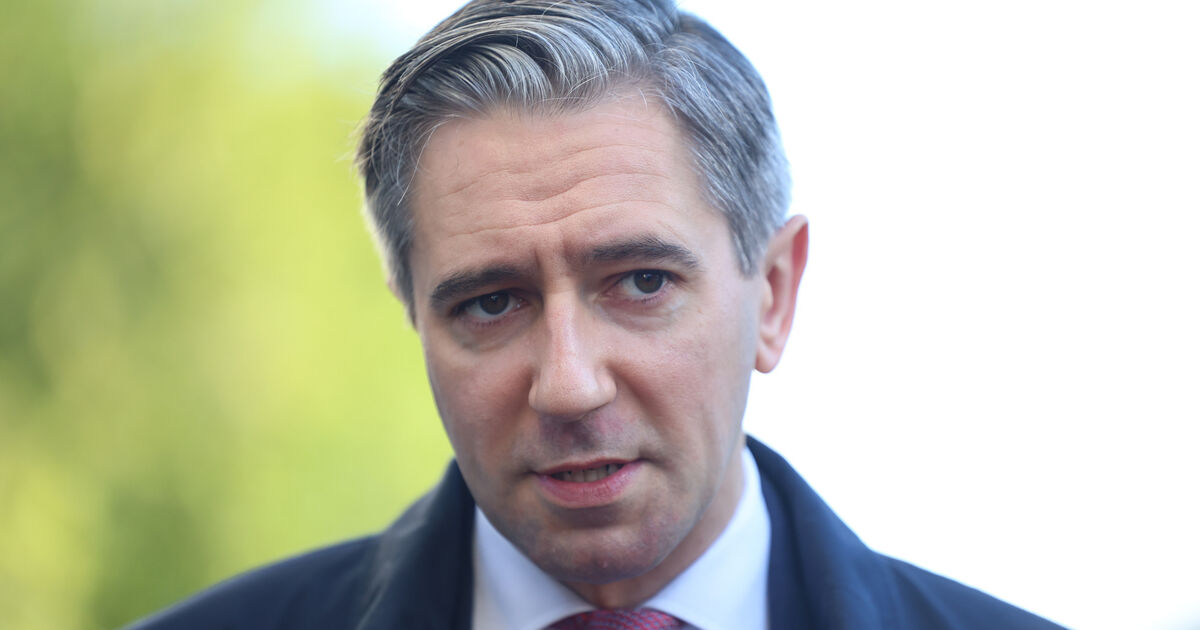Ireland will ask EU countries “which side of history they want to be on”, as the Government urges a vote on an EU package of economic sanctions on Israel.
Ireland has been seeking an early vote on a sanctions package proposed by European Commission president Ursula von der Leyen. It has spent some of UN High Level Week in New York urging EU partners to approve the sanctions.
“One of the things we’ve discussed [here in New York] is energy pricing full stop across the world.”
Asked about US president Donald Trump’s comments in his speech to the UN on Tuesday, which called climate change a “con job”, Mr O’Brien said the Government “respectfully” does not agree with him: “I think there’s a determination amongst most states, including Ireland as well, to continue our green transition, because it’s good economically, it’s good for our climate. The expansion of renewables is real.”
